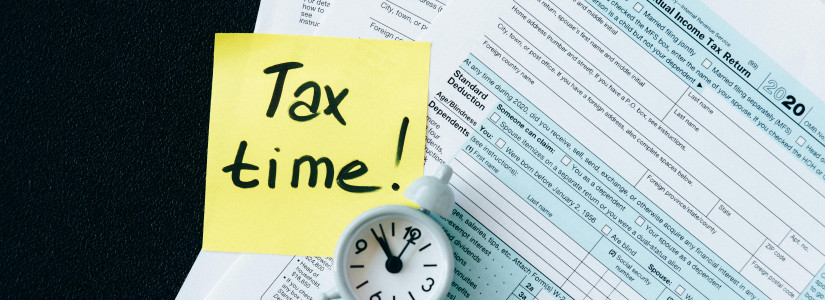Freelancer's Guide to Navigating U.S. Taxes

Understanding Your Tax Obligations
Self-Employment Status
The Internal Revenue Service (IRS) categorizes freelancers as self-employed, meaning they are subject to both income tax and self-employment tax. In 2024, the self-employment tax stands at 15.3%.
Estimated Tax Payments
Considering the absence of withholding, freelancers generally make estimated tax payments quarterly to cover the expected tax liability.
Gathering Income Information
Diverse Income Streams
Accurate income tracking from every source is a cornerstone of freelance tax management.
1099 Forms
Clients provide 1099-NEC forms for work exceeding $600. Nonetheless, income under this threshold must be reported.
Digital Payments
Freelancers using platforms such as PayPal or Venmo should anticipate 1099-K forms when earnings surpass $20,000 and 200 transactions annually, until the planned threshold reduction takes effect.
Calculating Estimated Tax Payments
IRS Form 1040-ES
Employing the IRS Form 1040-ES is essential for calculating estimated payments.
Deductions and Credits
Accounting for deductions like health insurance and retirement contributions can reduce taxable income.
Claiming Eligible Deductions
Freelancers can claim deductions for expenses that are both ordinary and necessary for their business.
Common Deductions
These include internet costs, office supplies, and mileage for business travel.
Home Office Deductions
For the home office deduction, freelancers must satisfy the IRS's exclusive and regular use requirements.
Preparing for Changing 1099-K Reporting Requirements
Anticipatory Actions
While the lowered threshold implementation has been deferred beyond 2023, freelancers should already prepare for robust income documentation.
Enhanced Record Keeping
Proactive adjustment to record-keeping practices is advised to streamline future reporting.
Filing Your Tax Return
Filing Thresholds
Freelancers should file a tax return if they earn more than $400 net earnings from self-employment in a year.
Seeking Expertise
Engaging with tax professionals or software knowledgeable about freelance work can help navigate the intricacies of tax returns.
Conclusion
The expanding freelance economy brings its own set of tax responsibilities. Keeping abreast of tax obligations and being methodical about record-keeping enables freelancers to optimize their tax positions. Embrace the freelance financial journey with informed confidence and diligent tax planning.
Please note: The information provided here is intended to guide and inform freelancers, but it's always recommended to consult with a tax professional for personalized advice and to stay updated on the latest tax laws and regulations.











